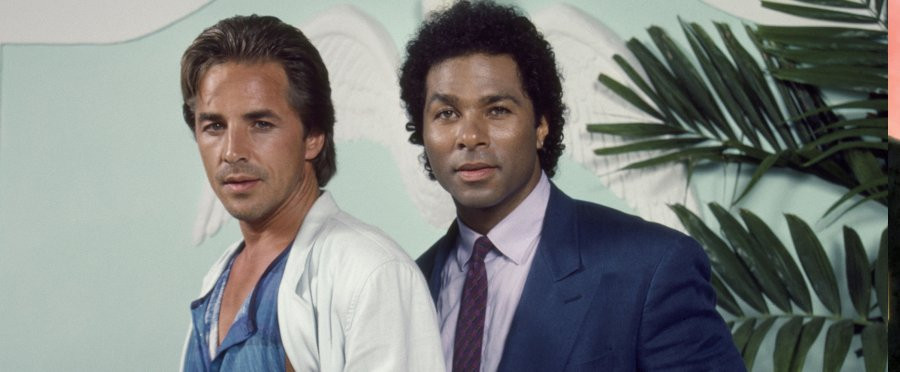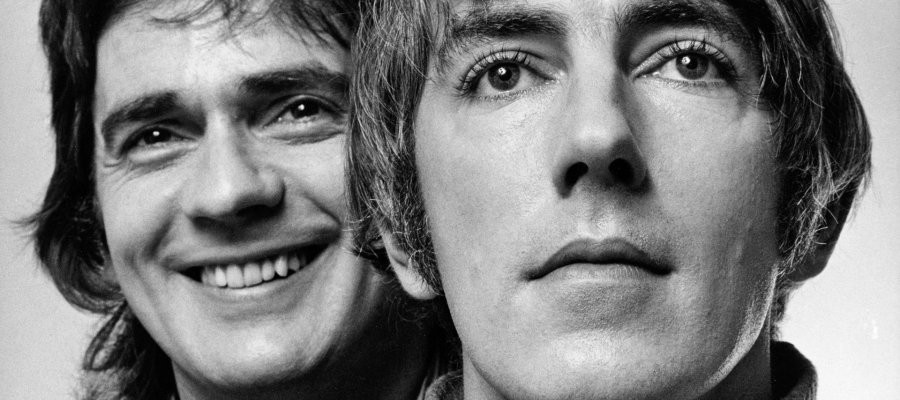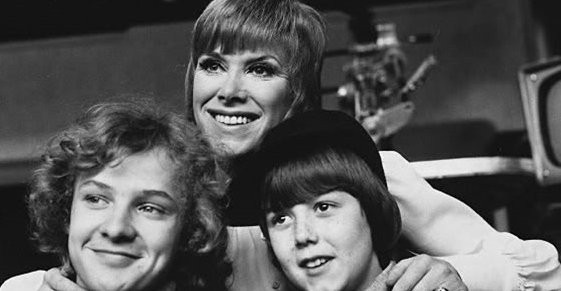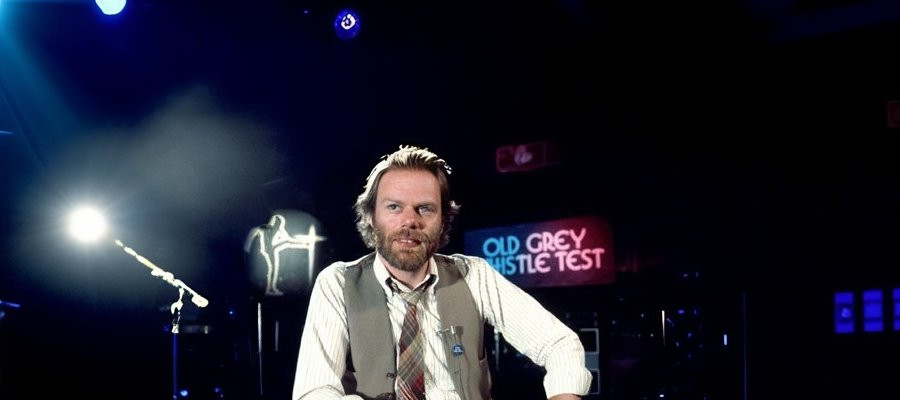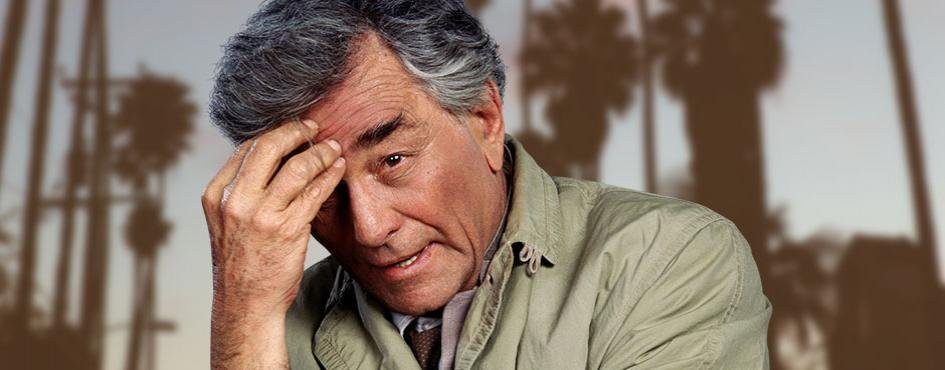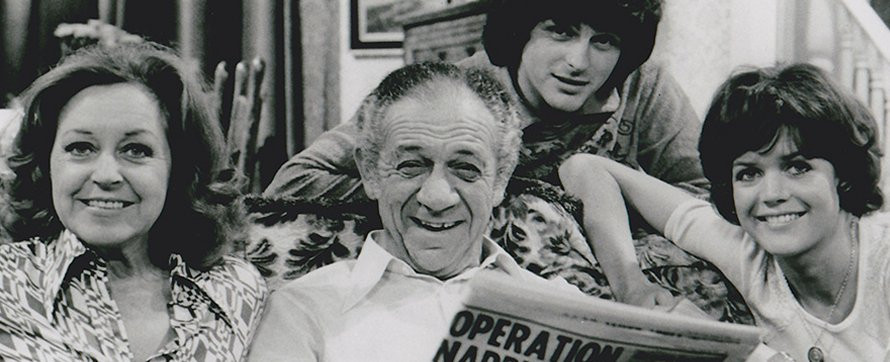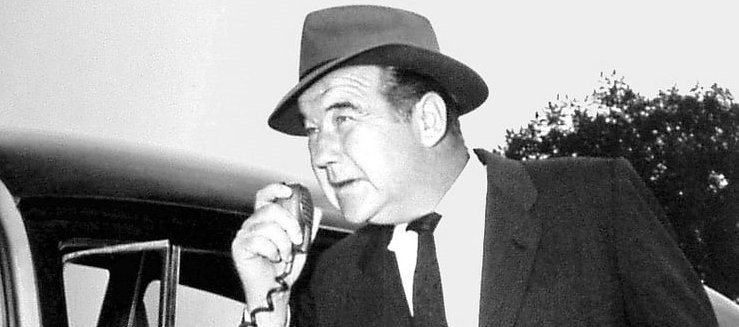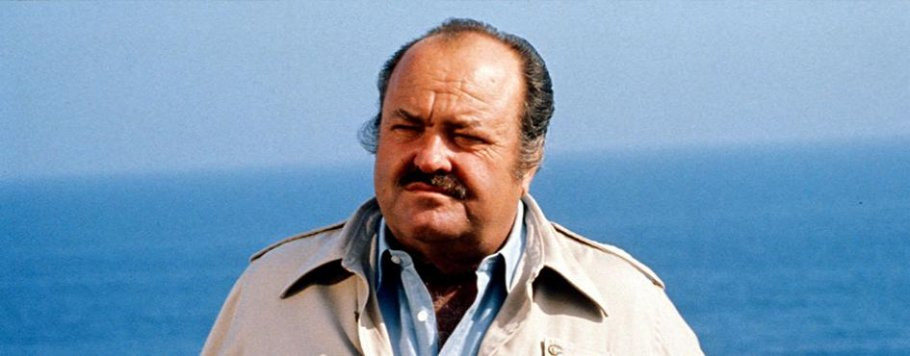
Cannon
1971 - United StatesTo become a top telly private eye in the 1970s it was almost essential to have a disability. Longstreet was blind, Ironside was a paraplegic and Frank Cannon was - well, plain obese.
That of course is not a disability in the true sense of the word, but it didn't take the villain of each episode too long to work out that when confronted by the heavyweight, middle-aged, balding PI, all they had to do was...run! That's why Frank Cannon always needed to be one step (or several yards in a chase) ahead of his suspects. And for his services, clients would pay top dollar which allowed Frank to indulge in his personal luxuries such as food, expensive cars and, err...food, (well, he was a gourmet cook who enjoyed preparing food for his friends).
Cannon was created by Quinn Martin for the actor William Conrad who up until then was better known for his voice than his face. In the 1950s he was Matt Dillon in the radio version of Gunsmoke but physically unsuited to the part when the series transferred to television. In the 1960s his was the voice heard at the beginning and end of each episode of The Fugitive.
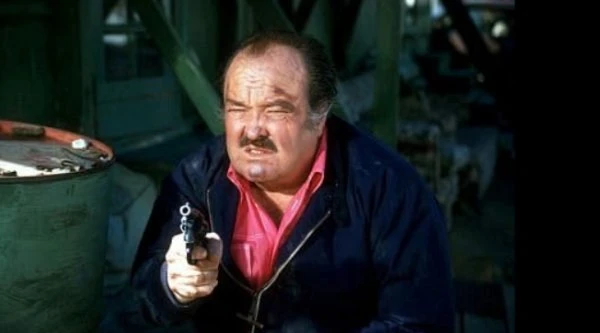
The series was developed from a 100-minute TV movie and Cannon frequently crossed over to appear on Barnaby Jones, another QM Production which ran concurrently with Cannon on CBS between January 1973 and the latter's cancellation. Cannon was portrayed as a seasoned veteran of the Korean War; he brought a unique blend of street smarts and intellectual prowess to his work. His background as a former member of the Los Angeles Police Department gave him the edge needed to navigate the gritty underbelly of crime, but it was his broader education that truly set him apart. Cannon’s proficiency in several languages was impressive. Whether he was negotiating with international criminals or deciphering cryptic messages, his linguistic abilities came in handy.
The plots in Cannon were your standard crime drama fare but the show’s writing was sharp, often weaving intricate stories that kept you guessing until the very end. What was particularly impressive is how the show managed to keep things fresh across its five-season run. The cases were varied enough to avoid the formulaic trap that many long-running series fall into.
The show was primarily filmed in Los Angeles, and it made full use of its locations. Whether Cannon was cruising through the city in his Lincoln Continental Mark IV or chasing leads in the seedier parts of town, there was a palpable sense of atmosphere that grounded the show in its setting. The cinematography, while simple by today’s standards, effectively captured the gritty, no-nonsense vibe of 70s LA.
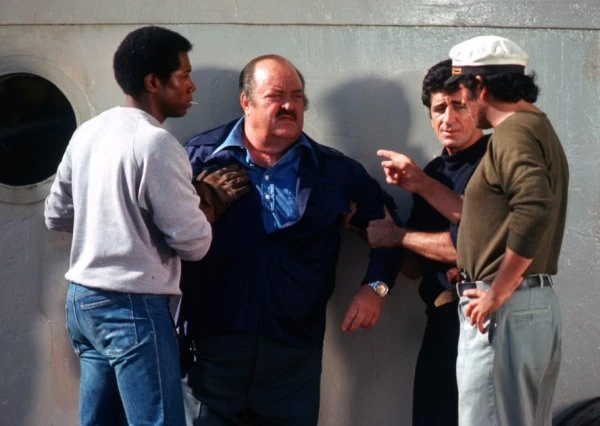
What truly makes Cannon a joy to watch was its unwavering commitment to its lead character. There was no attempt to make Frank Cannon into something he was not. He’s not a superhuman; he’s a former cop with a knack for detective work and a love for good food. The show’s willingness to embrace Cannon’s flaws and quirks is what made it so endearing.
Conrad returned to our TV screen again in Jake and the Fatman - he didn't play the part of Jake! He returned once more as the rotund PI in the aptly titled The Return of Frank Cannon.
Some distinguished guests appeared in Cannon - among them Vera Miles, Sondra Locke, Roy Scheider, Martin Sheen, David Janssen, Stephanie Powers, Dabney Coleman, David Soul, Jay Silverheels (Tonto in The Lone Ranger), Mark Hamill and Leslie Nielsen.
While some aspects of Cannon might feel dated today, particularly in its pacing and some cultural references, it’s still a compelling watch for fans of the genre. William Conrad’s performance alone is worth the time, and the well-crafted mysteries provide plenty of entertainment. Cannon stands as a testament to the enduring appeal of a lightweight (no pun intended) but well-told detective story.
Seen this show? How do you rate it?
Seen this show? How do you rate it?
Published on August 5th, 2024. Written by Laurence Marcus for Television Heaven.




